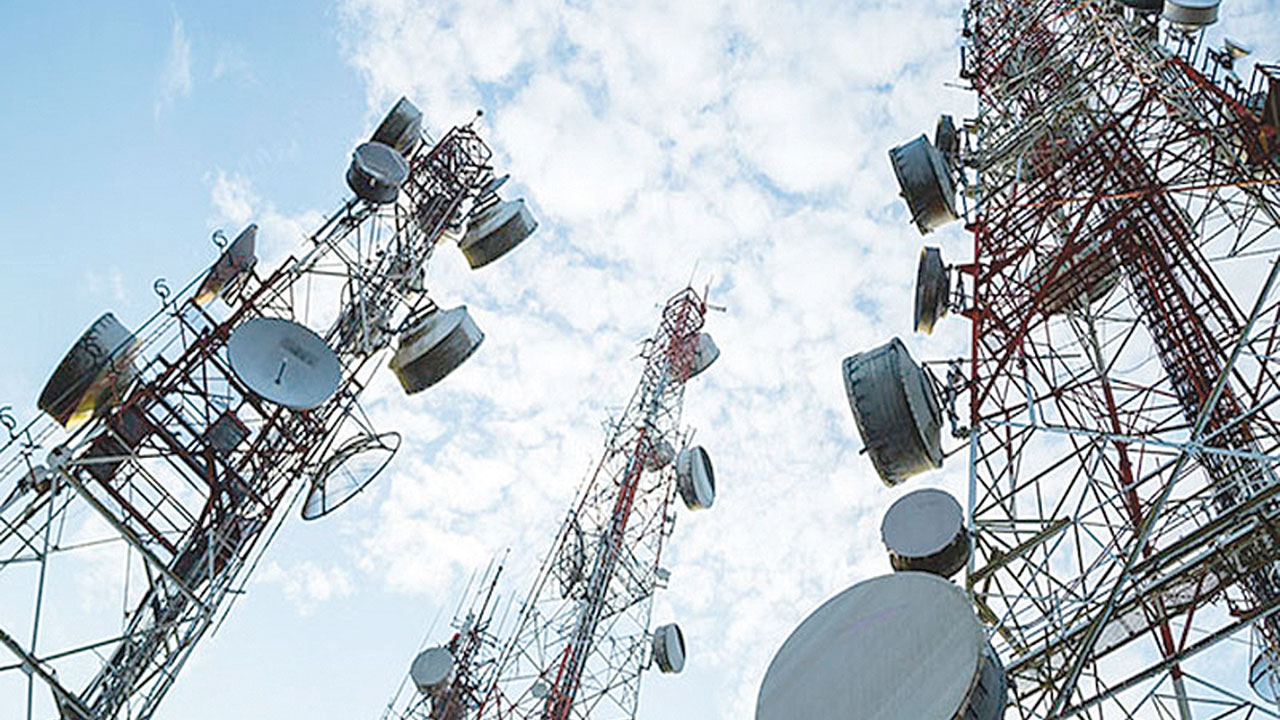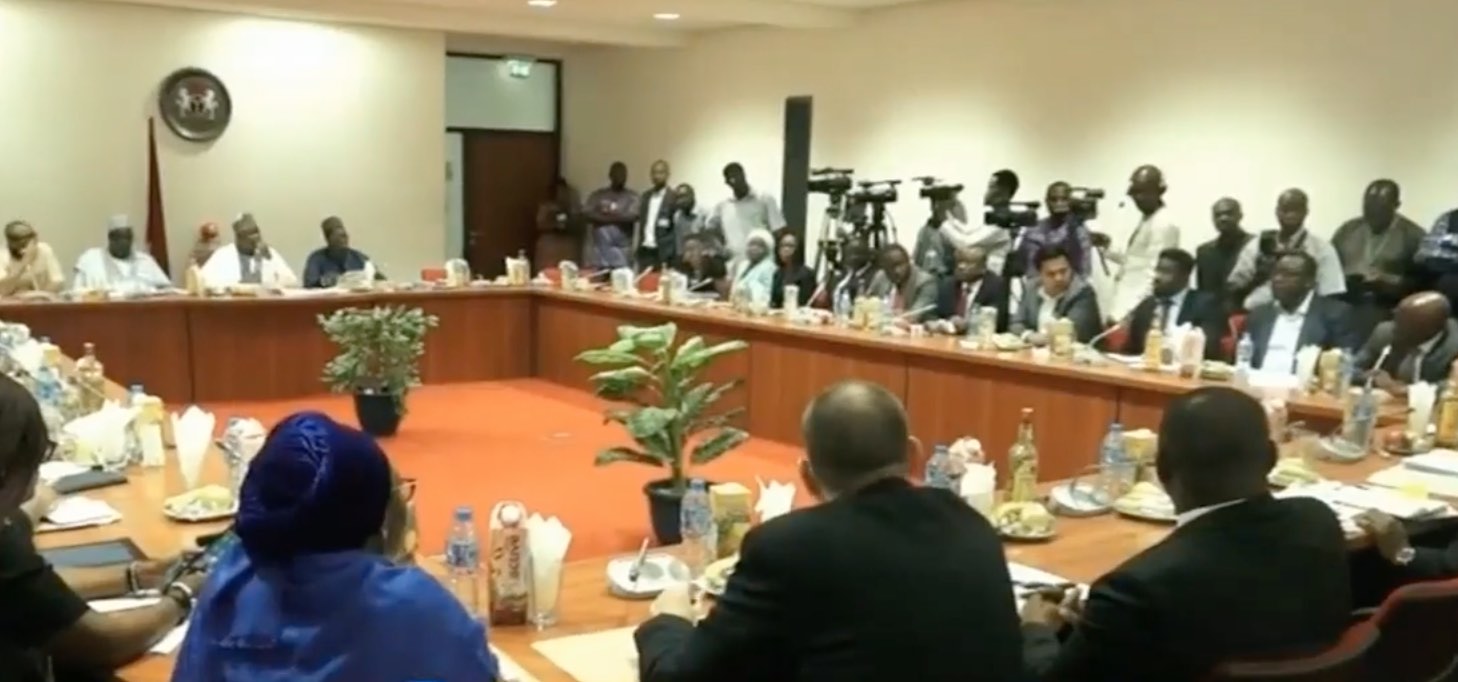The Association of Licensed Telecoms Operators of Nigeria (ALTON) has justified the recent 50 per cent hike in telecom tariffs, citing the need to adapt to rising economic pressures and ensure the sustainability of the industry.
Mr Gbenga Adebayo, the Chairman of ALTON, said this during an interview on television monitored by NAN on Tuesday in Lagos.
He explained that the tariff increase was not taken lightly, but rather was a necessary response to the significant economic challenges facing telecoms operators.
Adebayo said: “The industry has been grappling with escalating costs, including diesel, energy, and inflation, without a corresponding adjustment in tariffs for 12 years.
“This has resulted in unsustainable operational costs, prompting telecom operators to seek a tariff review to maintain the quality of their services.
“The 50 per cent tariff hike was approved by regulatory authorities after a thorough review of economic indices, and is in line with the provisions of the Communications Act.”
The ALTON boss dismissed concerns that the increase was unconstitutional, stressing that the process followed due regulatory procedures.
He assured that the tariff adjustment would ultimately benefit consumers, as telecom operators would be able to enhance service quality, optimise networks, and attract more investments.
Adebayo also highlighted the impact of foreign exchange instability on the industry, noting that many telecom contracts were signed at previous exchange rates, while operators must now fulfill obligations at higher rates.
He called for stability in the forex market to support industry growth, emphasising that a strong telecoms sector was essential for economic stability.
“Furthermore, smaller telecoms players, burdened by high debt profiles, have been particularly vulnerable to the economic downturn, making network optimisation crucial.
“I urge the public to recognise that rising costs are a global economic reality, and not unique to the telecom industry.
“I also wish to assure our subscribers that telecom operators are committed to improving services and attracting more investments, leading to job creation and better overall service quality.
“The industry is now in a stronger position than in previous years.
“With increased investments and improved infrastructure, we are confident that the sector will continue to drive economic growth and provide better services to Nigerians,” Adebayo explained.



